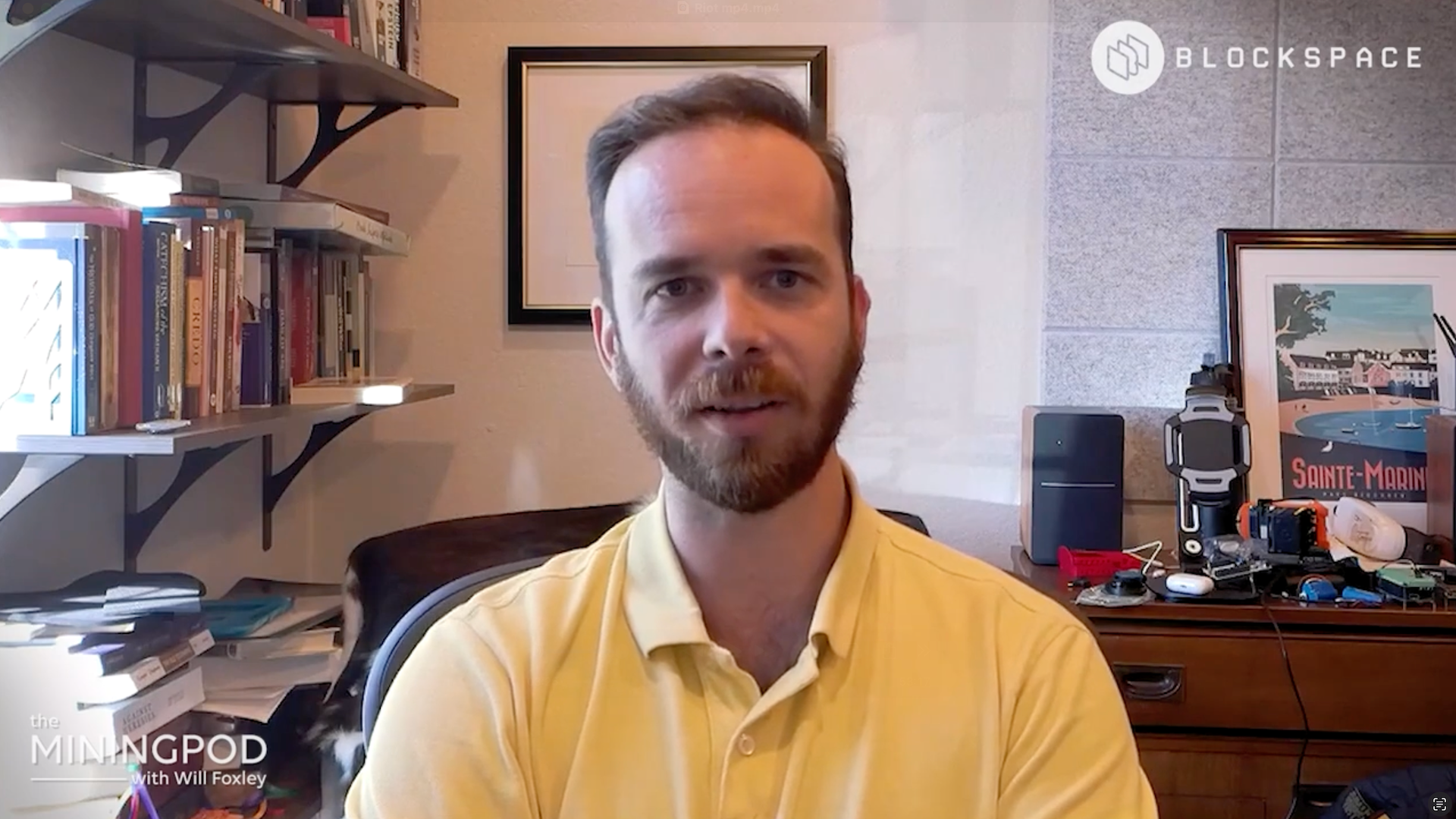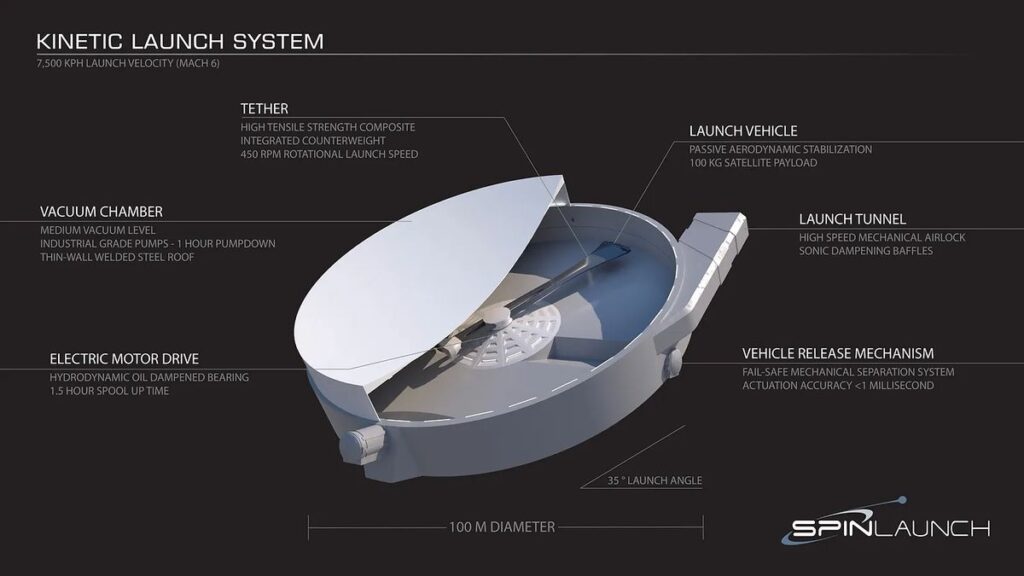Lido Finance, the leading liquid staking platform on the Ethereum network by locked value, has put forward a proposal that would allow staked ether (stETH) holders to have a direct say...
Read moreLido Finance, the leading liquid staking platform on the Ethereum network by locked value, has put forward a proposal that would allow staked ether (stETH) holders to have a direct say in governance decisions alongside existing DAO tokenholders.
The proposal, known as Lido Improvement Proposal (LIP) 28, suggests implementing a dual governance system where stETH holders – those who stake ETH through Lido and receive a liquid token in return – can participate in vetoing key protocol decisions. Currently, only holders of LDO, Lido’s governance token, have the authority to influence the evolution of the protocol.
The intention behind this upgrade is to enhance accountability and decentralization within the platform, particularly as Lido remains a dominant force in Ethereum’s staking sector, with over 25% of all ETH staked on the network utilizing its infrastructure.
Under the proposed system, stETH holders would have the ability to veto certain proposals approved by LDO tokenholders, although this veto power does not grant them the ability to unilaterally push through proposals.
The new governance setup includes a timelock contract that introduces a dynamic timelock mechanism between Lido DAO’s decisions and their implementation. This feature allows stETH holders to intervene if they strongly oppose a decision, providing a layer of oversight and ensuring that changes are not rushed through without proper consideration.
The proposal aims to address the complexities of Ethereum staking, where liquidity and withdrawal processes are not as straightforward as in traditional on-chain governance systems. The dynamic timelock kicks in when a sufficient number of users deposit their stETH into an escrow contract to object to a proposal, triggering an increase in the timelock duration.
If dissent among stakers persists and deposits reach a certain threshold, termed as the “second seal,” a mechanism called “rage quit” is activated. This blocks the execution of the DAO’s decision until all protesting stakers have had the chance to withdraw their ETH, offering a safety valve for objection and exit.
As the Ethereum network experiences a surge in value following the Pectra upgrade, Lido and other Ethereum-native applications are gaining increased attention for their role in capital flow and validator participation across the chain. The LIP-28 proposal is currently under discussion, with an official on-chain vote expected in the near future.
If approved, this change could potentially reshape governance dynamics within Ethereum’s staking ecosystem, setting a new standard for DeFi protocols looking to involve users, not just tokenholders, in decision-making processes. Lido’s competitors in this space include Rocket Pool and Frax Ether.
While LDO prices have seen a 6.5% increase in the last 24 hours, the broader market gauge, the CoinDesk 20 Index, has climbed by 2.5% amidst the positive outlook for Ethereum and its related applications.
- [posts_like_dislike id=969]






